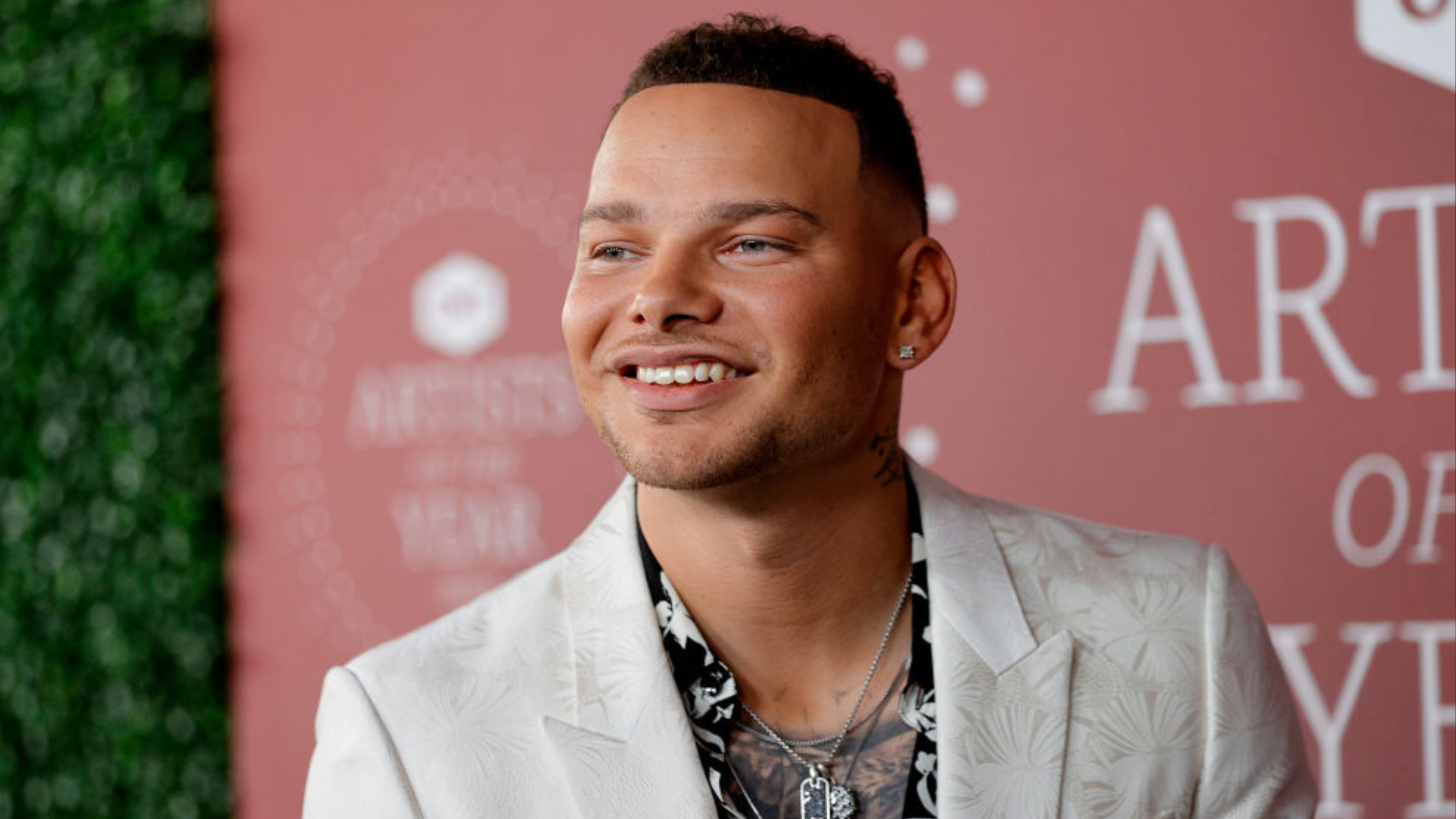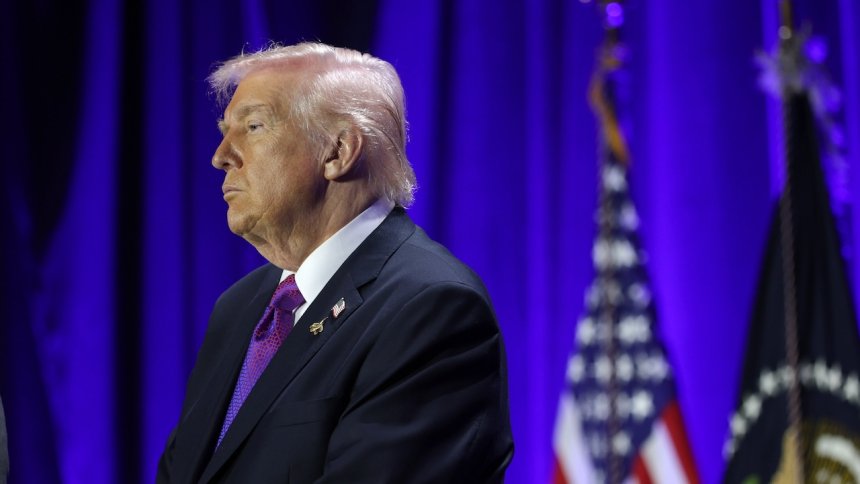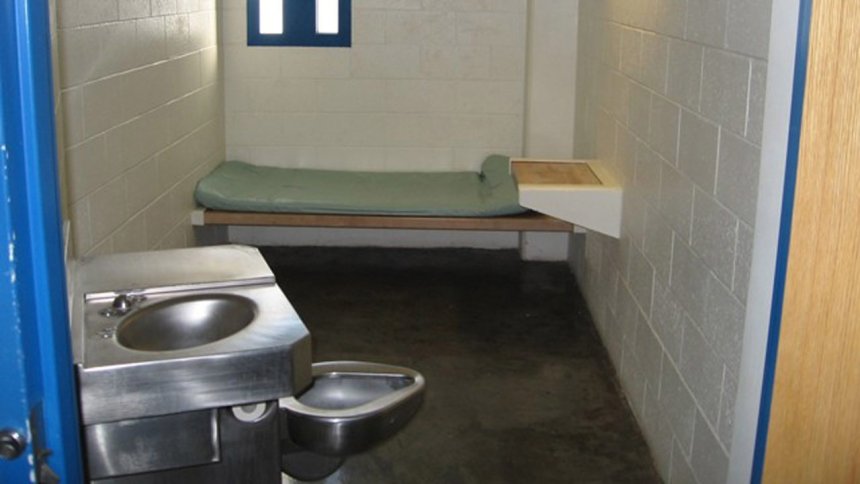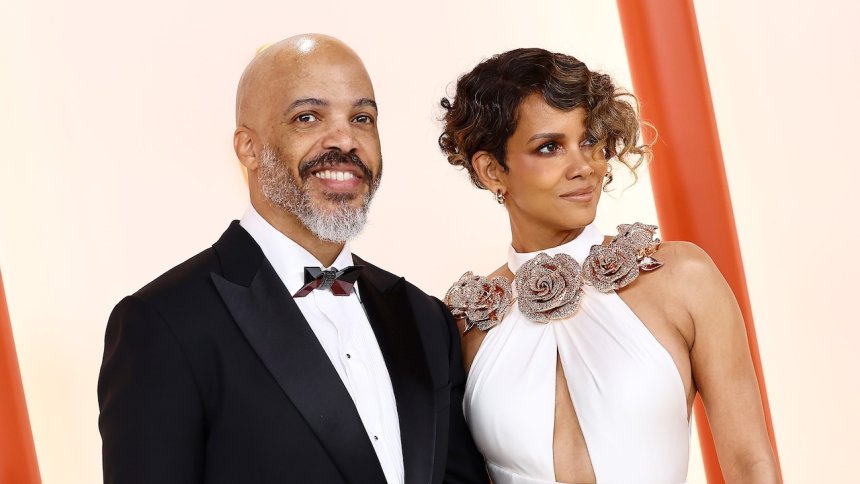Kane Brown remembers being rejected for being biracial— now he headlines stadiums as a country star
From childhood rejection to viral stardom, the hit country singer reflects on identity, struggle, and inspiring the next generation of

From childhood rejection to viral stardom, the hit country singer reflects on identity, struggle, and inspiring the next generation of the genre’s fans.
Before Kane Brown became one of country music’s biggest stars, he worked weekends at Lowe’s, mixing paint and singing to make time pass by until the 4 a.m. third shift at a retail store.
“I was just trying to get by on my own. I was hungry. I was like, I don’t want to sit here and come in to work and have somebody tell me what to do or what time to clock in,” Brown told theGrio in an exclusive sit-down interview in Atlanta for Masters of The Game.
Today, Brown has made history, winning platinum plaques for hit songs, and filling stadiums, like Fenway Park in Boston, where in 2023 he became the first Black performer to ever headline a concert there.
For the kid who grew up in humble beginnings in Chattanooga, Tenn., the reality of his American Dream coming true sometimes feels surreal.
“I just don’t look at myself in that way. So when people say like, ‘You’re opening the doors for a lot of other people’… I’m like, did I? You know what I mean?” said Kane.
Growing up biracial, with a Black father who was incarcerated since he was 3 years old, and a white mother, Brown wasn’t fully aware of his Blackness or what to make of straddling both racial identities.

“She just raised me up as I was white, basically. Like, I didn’t meet any of the Black side of my family. My nana was white. Everybody was…So it took my little brother to tell me that I was biracial and that I had a different dad than him.”
Despite not having immediate connections to his Black relatives, Brown still faced discrimination based on his appearance.
“Once I got to middle school, that’s when it really hit me because I got [called] the N-word,” Brown tells theGrio. “I had no idea what it meant.”
Some of the pain was personal as well.
“We lived in a car for a little while when it was just me and my mom because I was biracial and nobody in our family would take me in because of that reason,” Brown recalls.
The country star also endured the pain of abusive stepfathers who physically harmed him, along with multiple school changes and periods of housing instability.
It all made music, performing, and sports more of an escape for him. By 17, when he was on his own, working multiple jobs, a single upload to social media would change his life.
His cover of George Strait’s “Check Yes or No” led to 60,000 followers overnight and eventually a record deal. Brown would quickly learn the ups and downs of the music business, being polished and shaped into one prototype of a country singer to contrast the rapper some people expected him to be when they saw him. Eventually, Brown found his own footing and voice, making him more comfortable in his skin as a singer.
He’s also more comfortable in his skin as a biracial man. Despite expressing fear of judgment by some, Brown says he’s been told he is an inspiration to many others raising mixed children, as he opens up about struggles with both identity and life.
“Talking about depression and stuff, a lot of people have told me I’ve saved their lives, which was awesome,” Brown told theGrio. “Women with biracial kids who said that they didn’t know how to explain it to them, like why they were getting picked on, so they’d show them me and my story.”
Brown says it’s a struggle he empathizes with personally as he raises his own three children. His middle child has curly hair and slightly more color in her skin tone than her siblings—and has already asked for straight hair, an issue parents of both biracial and Black children have frequently confronted.
“We just keep reminding her how beautiful she is. She is—she’s beautiful.”
That self-love and affirmation carry over to healing for Brown himself. Although he’s still building a relationship with his father, the two are in communication amidst his success.
He also draws inspiration from others, including Black country stars like Shaboozey and historical greats who’ve defied expectations put on them.
“I love the stories of Charley Pride when people heard him for the first time,” Brown said. “Found out he was Black, and they were just shocked. Those are really cool stories. And hopefully, you know, I’ll have a story like that someday.”
Share
What's Your Reaction?
 Like
0
Like
0
 Dislike
0
Dislike
0
 Love
0
Love
0
 Funny
0
Funny
0
 Angry
0
Angry
0
 Sad
0
Sad
0
 Wow
0
Wow
0

















